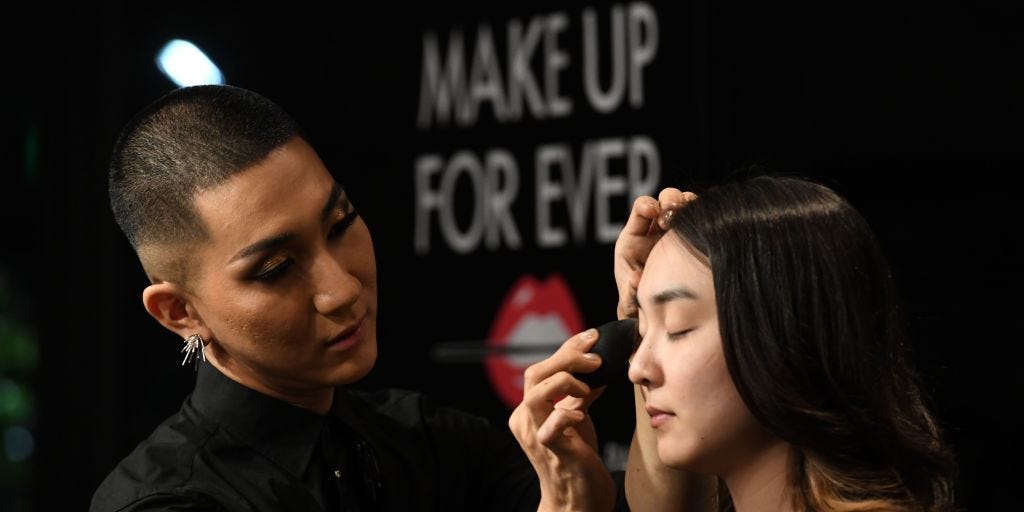
- A 52-year-old Japanese entrepreneur's obsession with youth has earned him a stake worth $817 million.
- Shares in his company, Premier Anti-Aging, have more than tripled since its October listing.
- "I'm a bit of an anti-aging freak," Kiyoshi Matsuura told Bloomberg.
- Sign up here for our daily newsletter, 10 Things Before the Opening Bell.
Kiyoshi Matsuura, the founder and CEO of Premier Anti-Aging Co, has seen his stake in the cosmetics company expand to $817 million after its shares have more than tripled since its October listing, making it one of Japan's most popular stocks.
Premier's shares rose as much as 2.1% on Tuesday, and is up 183% since going public.
The 52-year-old entrepreneur, who launched the company in December 2009, is said to hate the idea of growing old. This encouraged him to develop age-defying supplements and products, in a sector estimated to be worth $34.2 billion globally in 2020.
He was so upset at the thought of losing his hair as he grew older that he began using anti-baldness treatment as a teenager.
"I'm a bit of an anti-aging freak," Matsuura told Bloomberg in an interview. "I started using the anti-baldness treatment when I was 18, and I've continued to use it ever since."
Premier Anti-Aging went public on the Tokyo Stock Exchange in last October, and has already become one of Japan's best-performing stocks in less than a year. It has focused on direct sales to consumers online, which accounts for about 70% of its total revenue, according to Bloomberg.
Matsuura owns 21.5% of the company, or 1.8 million shares in the company.
The company's flagship product is a cleansing balm called Duo, established a year after Premier's launch, which is most popular among Japanese women in their 30s and 40s. Balm sales have grown every year since its launch, boosted by TV advertisements, Matsuura said.
Matsuura attributed the contribution of online sales to the e-commerce boom resulting from the COVID-19 pandemic, which has driven robust consumer demand to tech-focused companies.
Premier is counting on expansions and a tie-up with China's Tencent Holdings to reach its annual revenue goal of 100 billion yen ($912 million) by 2026, up from its forecast of 31.5 billion yen ($288 million) for 2021.